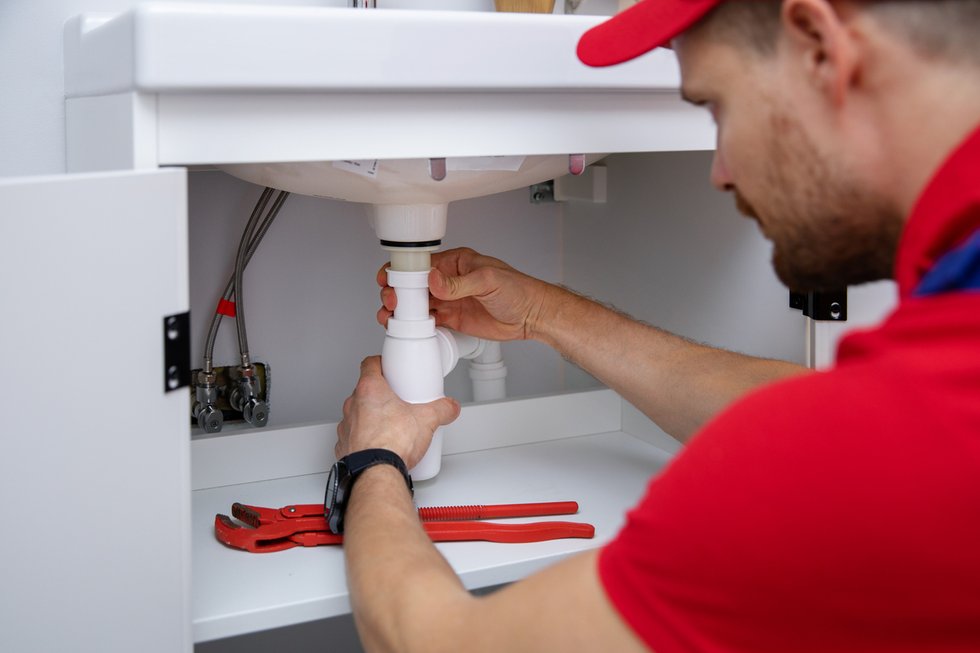Is The Tenant or Landlord Responsible For a Clogged Drain?
Dealing with a clogged drain can be a common yet frustrating issue for both tenants and landlords. In this blog series, we'll delve into the responsibilities of both parties when it comes to property maintenance, starting with the often contentious topic of clogged drains. We'll explore the importance of understanding who holds the responsibility for addressing this maintenance issue, shedding light on the legal and practical aspects that can often lead to confusion. By gaining clarity on this matter, both tenants and landlords can navigate property maintenance with greater confidence and ensure a harmonious rental experience.
Tenant vs. Landlord Responsibilities
When it comes to maintenance issues such as a clogged drain, it's essential to understand the division of responsibilities between tenants and landlords.
Clarification of Responsibilities
In most cases, the landlord is responsible for maintaining the property's plumbing system and addressing issues such as clogged drains. However, tenants are generally responsible for ensuring that they use the plumbing fixtures and systems appropriately to prevent clogs and blockages.
Overview of Typical Maintenance Responsibilities
Tenant Responsibilities: Tenants are typically responsible for day-to-day maintenance and minor repairs, such as replacing light bulbs, keeping the property clean and sanitary, and promptly reporting any maintenance issues to the landlord or property management company. We'll dive into more specifics about tenant responsibility below.
Landlord Responsibilities: Landlords are responsible for maintaining the property's structural integrity, ensuring that major systems such as plumbing, electrical, and HVAC are in good working order, and addressing any significant maintenance issues that arise during the tenancy.
Unveiling Tenant Accountability for Clogged Drains
The most common things we come across as a company numbered in order are:
Flushed body wipes: The packaging of baby wipes, or personal body wipes, often states they are flushable; but plumbers, property owners, and property managers disagree.
Feminine hygiene products: These also are a very common cause of clogged pipes our management company comes across.
Hair in drains: Tenants are responsible for cleaning their own hair from drains. Often we fix slow tub and sink drains.
As a property management company, we have seen a great many things flushed down toilets and put down drains and garbage disposals, but the above certainly makes up 90% of what we see. Understanding these responsibilities can help both tenants and landlords navigate maintenance issues effectively and ensure that the property remains in good condition throughout the tenancy.
To Wrap Up
In conclusion, the responsibility for a clogged drain in a rental property often falls on the landlord, especially if the issue is due to structural problems or aging infrastructure. However, tenants must also take care to avoid clogging drains through proper usage and maintenance. Clear communication between tenants and landlords regarding maintenance issues is crucial to ensure a smooth resolution of such problems. Both parties should understand their respective responsibilities and work together to address maintenance concerns promptly. By fostering a cooperative and transparent relationship, tenants and landlords can maintain a harmonious rental experience while upholding their obligations and rights within the bounds of the lease agreement.
We hope you enjoyed this article. For more information about property management in Denver, Colorado check us out HERE.


